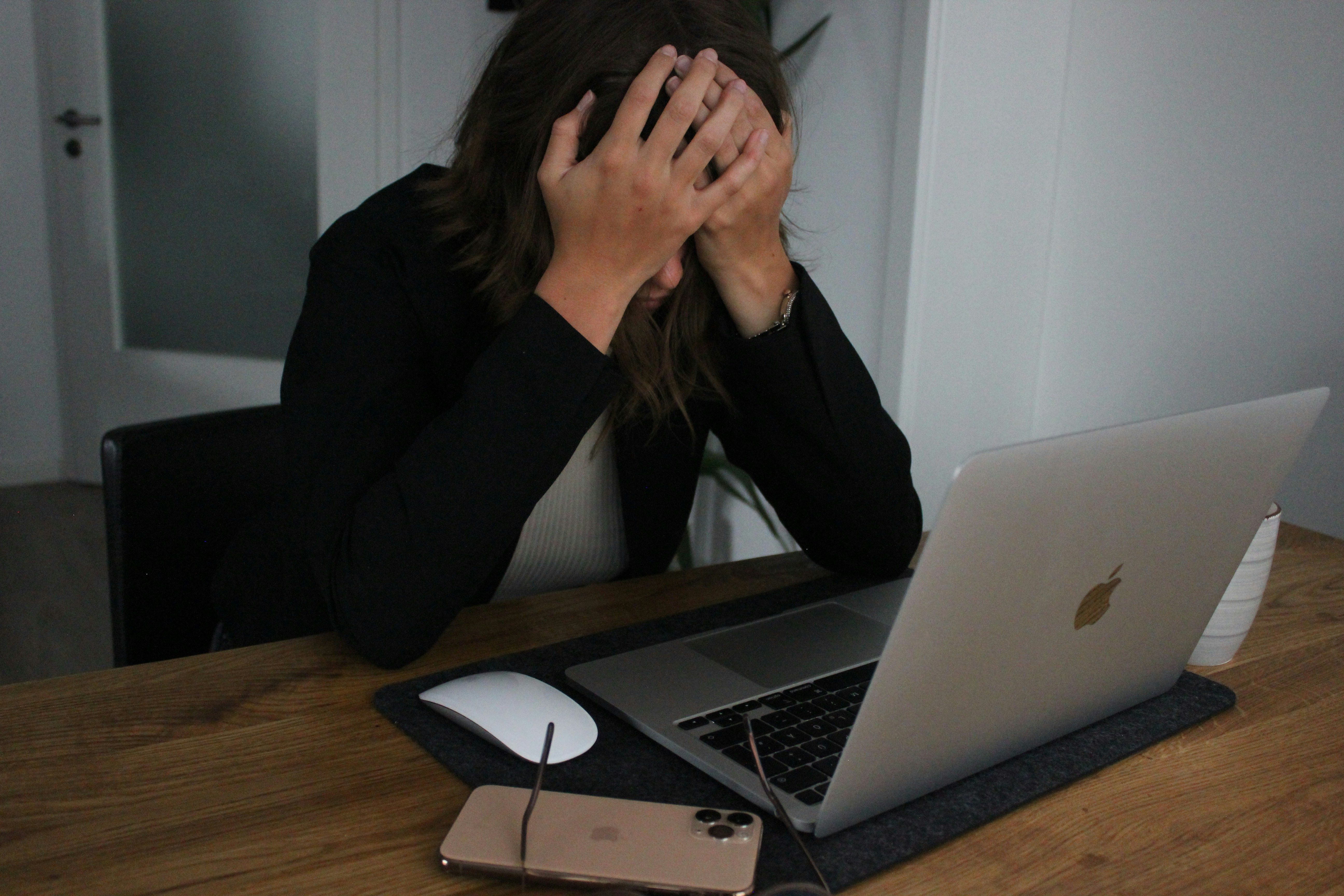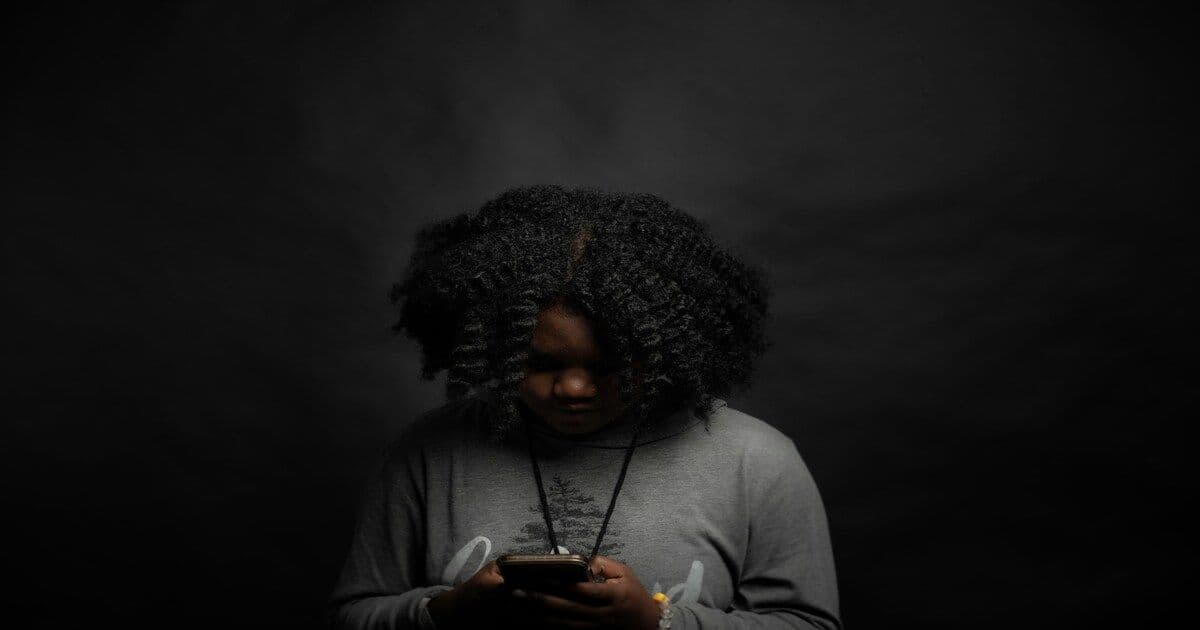Imagine opening your phone to hundreds of cruel comments. This is the reality for many victims of cyberbullying Did you know that cyberbullying is strongly linked to suicidal thoughts and behaviours?
Its effect on mental health is daunting but early awareness and action can help reduce the damage. While the anonymity of the Internet makes it harder to curb, understanding the forms of cyberbullying, its effect and how to respond can protect you and those you care about.
What Is Cyberbullying?
Grace, a 15-year-old student, started noticing that her classmates would constantly send her mean messages online, comment negatively on her posts, or exclude her from group chats. At first, she tried to ignore it, but the messages kept coming, and she began feeling anxious every time she picked up her phone. Slowly, she stopped joining online discussions, skipped hanging out with friends, and even dreaded going to school. The constant negativity made her feel isolated and overwhelmed, like there was no safe place for her.
Before the Internet, we only had to worry about in-person bullying. Now, with the advancement of technology, cyberbullying has become prevalent. It affects the victims emotionally, socially, physically, and mentally.
Cyberbullying is the use of technology (especially the Internet) to harass, threaten, embarrass, or cause harm to another. It occurs on digital platforms such as social media platforms, online gaming platforms, emails, chat forums, and blogging sites.
7 Types of Cyberbullying
Many try to blur the line between cyberbullying and jokes but the motivation differentiates them. Jokes are light-hearted while cyberbullying often intimidates targets. Cyberbullying can occur in both explicit and subtle ways:
- Trolling: This is the deliberate act of posting insincere statements to incite arguments or manipulate perception. A troll uses misleading information to promote a cause which is usually making the target afraid for their safety.
- Fraping: Fraping is a compound of the words "Facebook" and "raping" but it isn't limited to Facebook anymore. This occurs when a bully hacks or gains access to a victim's social media account and posts humiliating or harmful content.
- Social Exclusion: The refusal to accept an individual as a member of an online social group. These social groups are often peer-based. The target is either removed from the group or not added at all.
- Stalking: This refers to the use of technology to make a victim concerned about their safety. It includes acts such as making threats online, monitoring a victim's movement and actions, and using sensitive information to demand sexual favours.
- Masking: This occurs when a fake online profile is created to impersonate an individual. This fake profile features humiliating or harmful content.
- Anonymous Denigration: This is typically done in online groups or chat forums where anonymous links allow people to air their cruel opinions about others. This is more harmful because the identities of the bullies are protected.
- Trickery: The bully befriends their target to extract sensitive information and uses this to humiliate them.
Whether subtle or explicit, the effect of cyberbullying on mental health cannot be overlooked.

Effects Of Cyberbullying On Mental Health
Cyberbullying is not harmless fun. Its effects are damaging and can linger for years, leaving victims struggling with:
- Anxiety: Persistent bullying creates intense fear in victims. They are easily agitated as they worry about their safety and reputation. This may escalate into anxiety disorders.
- Self-Harm: Victims of cyberbullying may adopt self-harm as a coping mechanism for distress. This includes behaviours such as burning, cutting, or hitting oneself with the intention of causing pain. These injuries are not often intended to end one's life but can escalate to suicide, if left unaddressed. Read more on self-injury and how to get help.
- Depression: Victims of cyberbullying would naturally experience sadness but it becomes depression when it is persistent. This interferes with their daily lives as they become disinterested in things they once loved and sometimes, life itself.
- Low Self-Esteem: Cyberbullies emphasise perceived weaknesses and flaws of targets. This intimidates targets, influencing them to obsess over these flaws. Consequently, their flaws become their reality and their confidence is deflated. Cyberbullying exerts so much influence, it can alter a victim's perception of themselves. If you’re struggling with low confidence, this article on improving self-esteem might help.
- Loneliness: Those who experience cyberbullying are often isolated from social interactions and this fuels feelings of rejection. Loneliness hurts almost as much as physical pain and can be exhausting. It also leads to social withdrawal and reduced productivity.
What compounds the effects of cyberbullying is neglect. Inaction makes targets feel helpless as it encourages bullies to continue.
How To Handle Cyberbullying
There are constructive ways to tackle this menace. These include:
- Don't retaliate: Avoid altercations with the bullies. You might end up bringing more harm to yourself or worse, become a bully.
- Seek help: Many make the mistake of keeping to themselves and compound the issue. Telling a trusted person might be your first step towards help. You can also consider seeking professional help from counsellors or therapists.
- Report: If the identity of the bully is known, report to the appropriate authorities and do not hesitate to report and block online groups or profiles that promote cyberbullying.
Cyberbullying is not meant to be ignored, it should be addressed when spotted.
Conclusion
Cyberbullying has crippling effects on mental health, disrupting daily lives and leaving lasting scars. Anyone can be a victim of cyberbullying, so you don't have to feel embarrassed about it.
If you or someone you know is struggling, reach out today. Help is just one click away. To get professional help, you can book your first session or start with an initial consultation.



